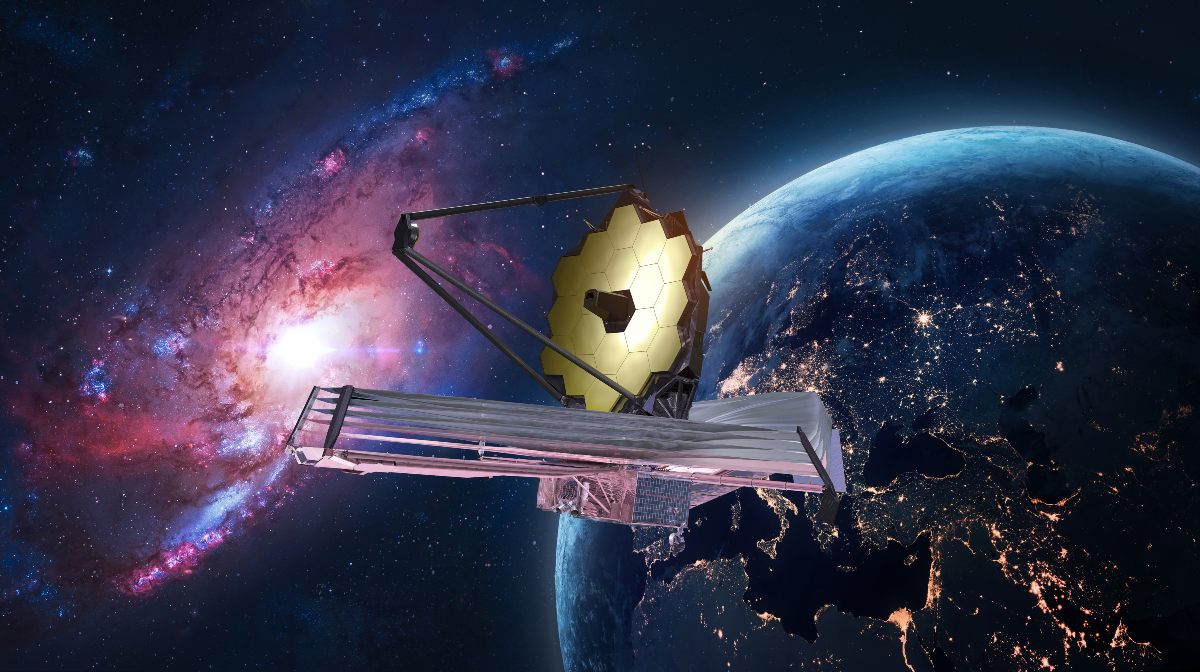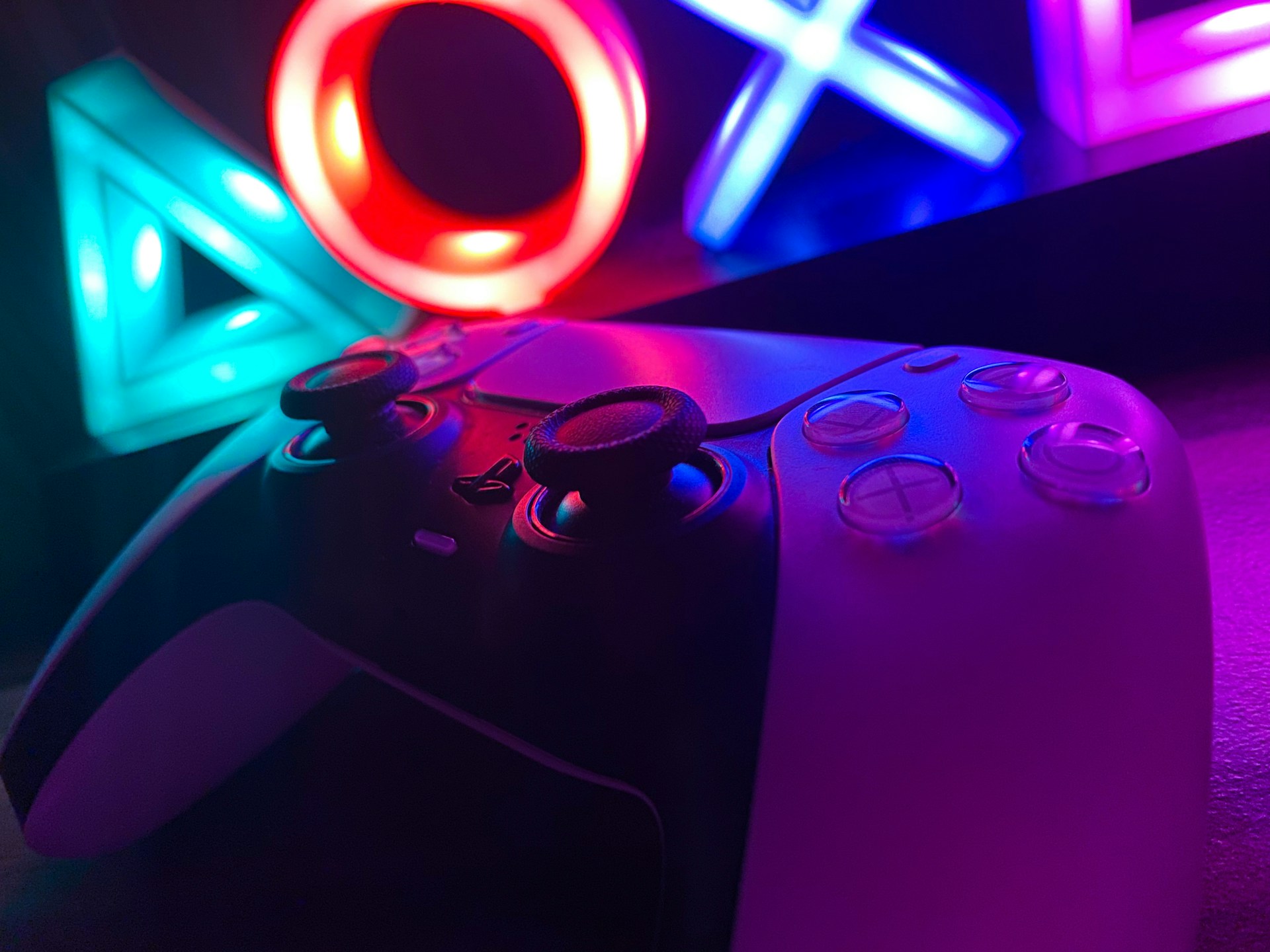Under the concept that ‘children are naturally curious’, a company seeks to inspire them to become the scientists of tomorrow. The workshops are intended to lead to laboratory work with different prizes for the children. Henkel’s Forscherwelt program aims to encourage children’s early interest in science. From its headquarters in Düsseldorf, the chemicals and consumer goods company is targeting future work.
The children will have laboratory tables equipped with the same materials as in an adult center. There they will have beakers, lab coats, pipettes, tweezers and safety goggles for the children. In addition, there will be a rest area where play will be encouraged as a form of learning and relaxation. Thus was born Forscherwelt or “Researchers’ World”, an educational initiative aimed at children between 8 and 10 years of age with the goal of turning them into scientists.
“If you want to get children interested in science, you have to start early,” says Ute Krupp, senior manager for educational relations at Henkel. For the founder of the program, “if you start when you’re a teenager, they have a lot of other things on their minds,” she says.
A company with an eye on children
This program started in 2011, when it was created with a view to the children of Henkel employees on vacation. In these eleven years, Krupp’s offerings have grown in an unimaginable way. Currently, more than 81,000 children are participating in Europe, the Middle East, Africa, Asia and throughout the Americas. Henkel’s initiative is based on four research areas: laundry and home care, adhesives, cosmetics and sustainability.
In these courses, children learn skills related to analysis, data interpretation, critical testing, teamwork and scientific methods. The different experiments that are carried out seek to teach students about the relationship between science and daily life. Children often have positive comments about these schools once they visit.
The future belongs to the children
“Generally, elementary school teachers don’t have a deep science background, they tend to be generalists,” Krupp says. In the laboratory, children can perform their own experiments using appropriate equipment and are supervised by a tutor. “It’s very hands-on and they can really take their time with the professional equipment we have here,” says Krupp. Although the laboratory in Düsseldorf is unique, Henkel mentors work with local NGOs worldwide.
“Social commitment and responsibility have always been part of the company’s strategy, values and culture,” says Sandra Breuer, head of sustainability transformation at Henkel Beauty Care. Along with female empowerment, flagship projects have not stopped looking at girls, since 2016. The Schwarzkopf Awards offer around ten thousand euros to its winners, in the four categories it has. The pandemic had its repercussions and, in the face of it, he had to resort to face-to-face lessons, but always with the intention of not losing the scientific projects with the children.




